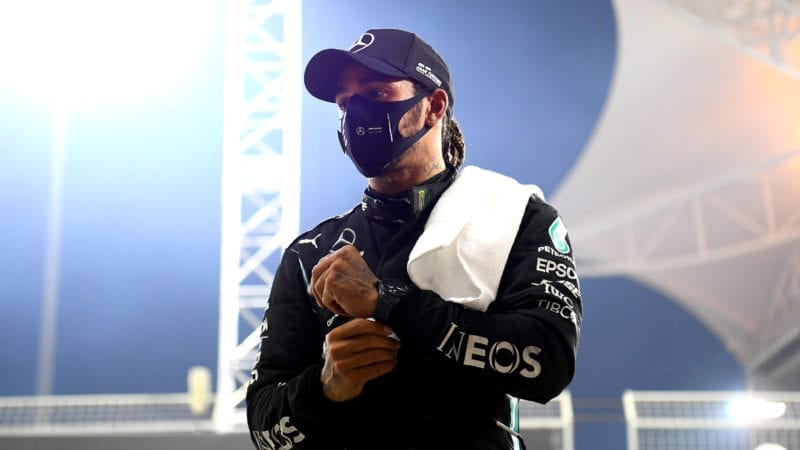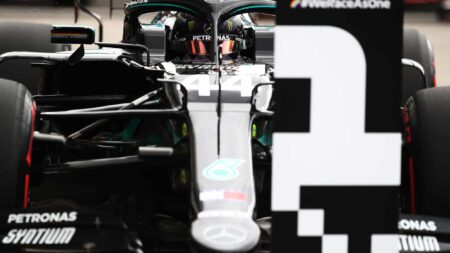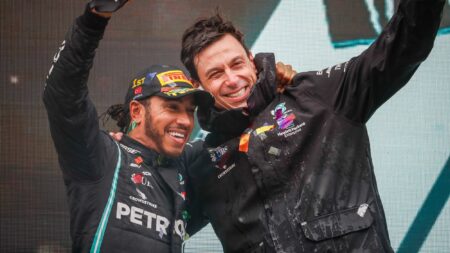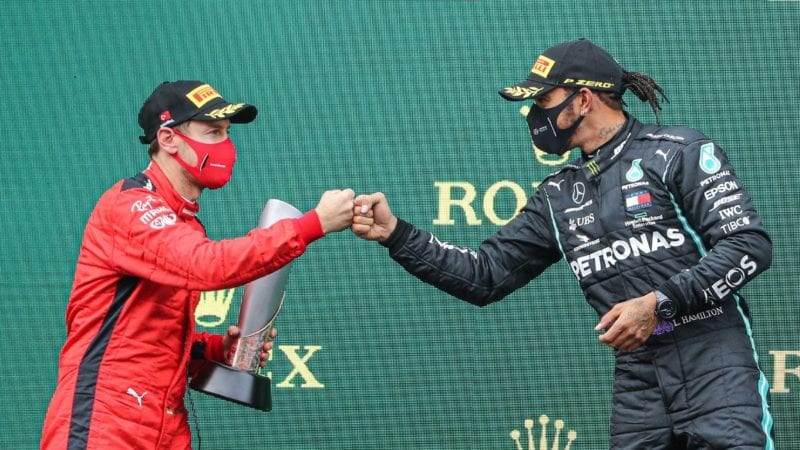It’s also worth noting that this was the first Hamilton/Mercedes contract negotiation conducted without the no-nonsense Niki Lauda in the background, providing his input to both parties.
One factor on Hamilton’s radar during 2020 was Wolff’s future role at the team, which came under scrutiny towards the end of last year.
Of course, Mercedes is not just about one man. However, like Michael Schumacher with Jean Todt at Ferrari, in Wolff Hamilton has a boss in whom he has total faith, and thus a potential change – there was talk of the Austrian moving away from his familiar day-to-day responsibilities – was bound to come into his thoughts.
In December it was finally confirmed that Wolff would remain in his current job for a further three years, taking those doubts away.
However at the same time, a change in the team ownership structure was another announced, with Jim Ratcliffe and INEOS taking a one-third share.
This “privatisation” of the works team may or may not have an impact on track in the coming years, but clearly Hamilton wanted to fully understand what it meant.
We will never know all the details of the discussions, but at the risk of stating the obvious Hamilton had an idea of what he wanted, and Wolff, who answers to the board of Daimler AG, had his own take on what he was able to offer in return.
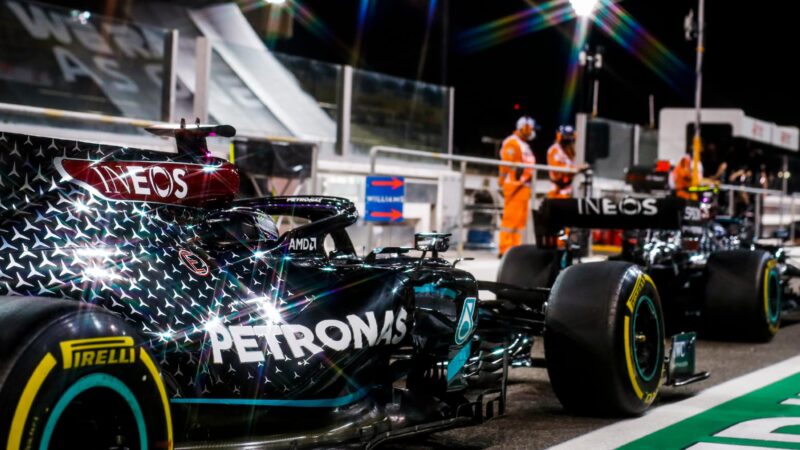
INEOS has taken a stake in ownership of Mercedes, adding to uncertainty over its F1 future
Florent Gooden / DPPI
The key issue for Mercedes is the ongoing impact of Covid not just on the F1 team and its revenue streams – everyone has lost income from the dive in fees paid by promoters – but also on the parent company as a whole, especially at a time when there is heavy investment in alternative technologies. Wolff does not have a blank cheque book.
Like any F1 superstar down the years he knows his value, and one just has to look at the results of team-mate Valtteri Bottas in 2020 to appreciate the difference he can make to a team.
The flipside of that was George Russell’s stunning performance when he stood in for the sidelined Hamilton at the Sakhir GP. Russell has long been in the mix as a potential future works driver, along with fellow Mercedes protégé Esteban Ocon, but there’s no substitute for actually getting in the car and doing the job.
Wolff has insisted throughout that Russell wouldn’t be used as a bargaining chip to convince Hamilton that the team had a cheaper alternative to fall back on. Nevertheless the younger Briton was always there, in the background.
